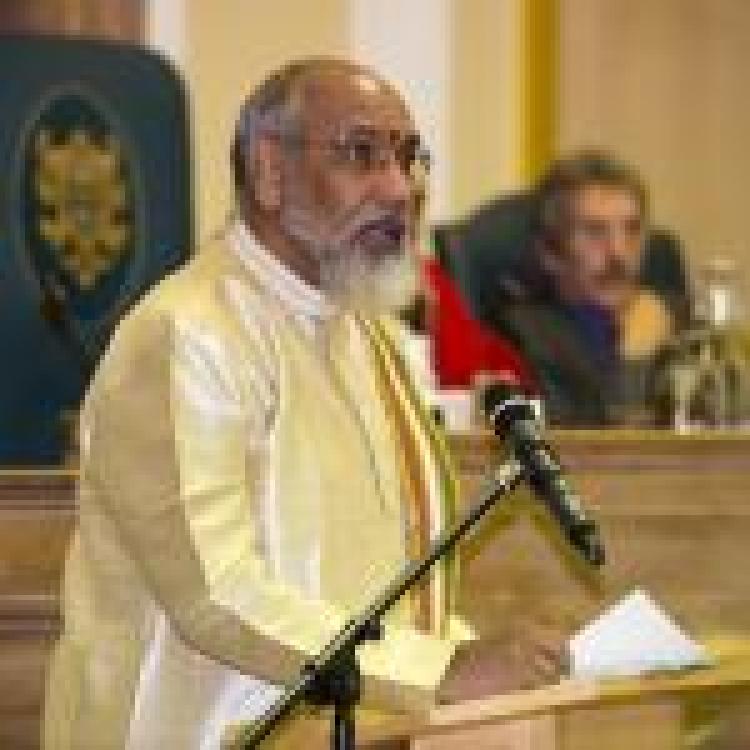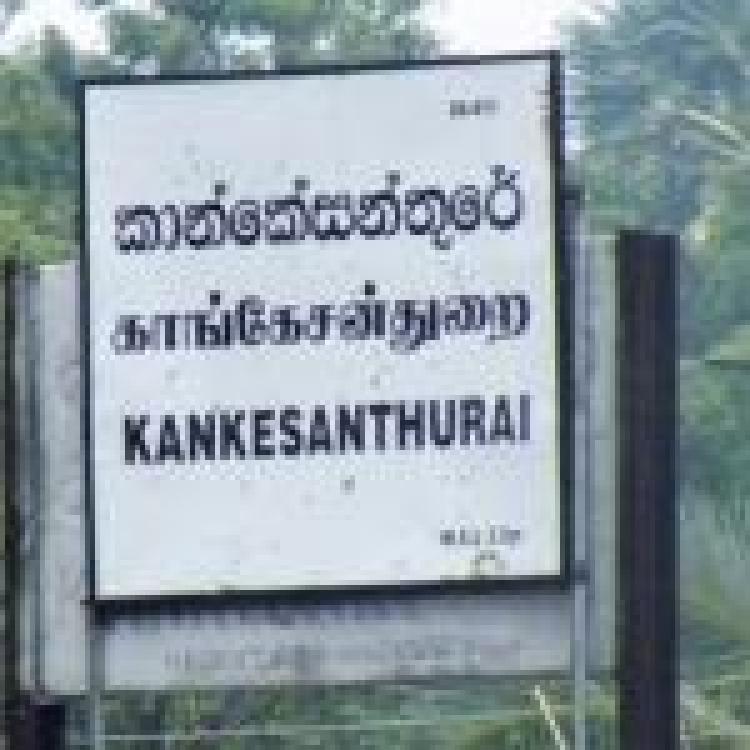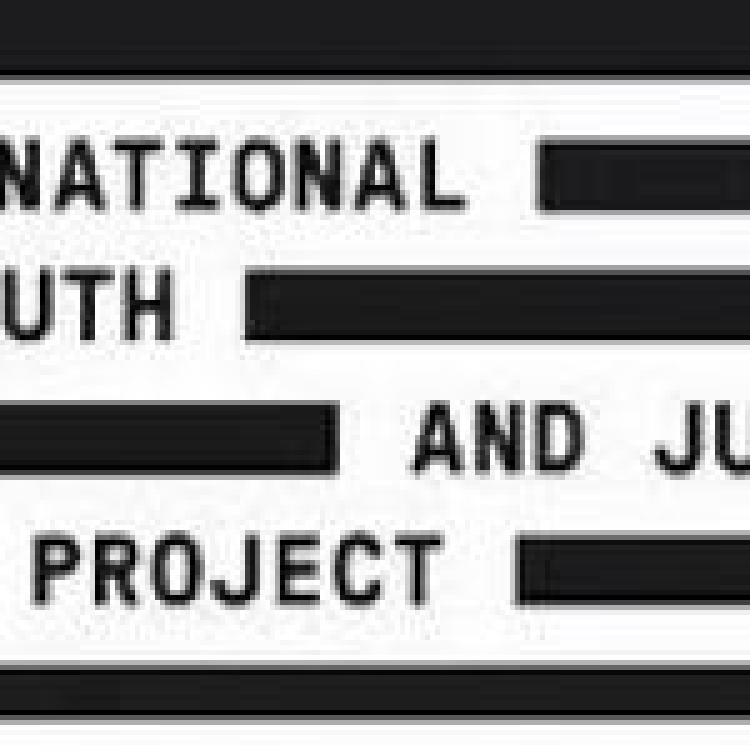Witnesses have told a court inquiry of how prison officials beat a 25-year-old detainee to death earlier this year, as Sri Lanka’s Attorney General vowed to reform the island’s prison system.
Kavinda Isuru Tissera was found dead in the Mahara Prison two months ago, prompting his parents to file a complaint with the Human Rights Commission of Sri Lanka. Authorities allege he had fallen to his death in a failed escape attempt, but witnesses have now revealed how he was tortured and beaten to death by prison officials.
“Policemen came and took him away in a jeep,” his mother R. M Karunawathie told Journalists for Democracy in Sri Lanka (JDS). “My son was walking on the toes of one leg, with a limp on the other. After he was taken, another person who was in the cell with him told me ‘mother, the policemen beat him severely’. After that I didn’t see my son alive.”
Details of Tissera’s killing emerged as Attorney General Dappula De Livera accused the Department of Prisons of normalising the widespread corruption in the prison system and vowed reformations after a visit to Remand Colombo Prison.
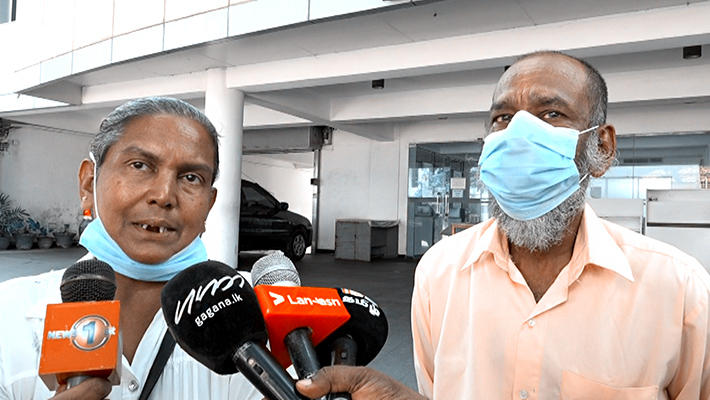
Tissera’s parents. Courtesy JDS
At a discussion with the Commissioner General of Prisons, Thushara Upuldeniya, and Superintendents of Prisons, he condemned prison officials for engaging in criminal activities of bribery, smuggling drugs and corruption with prisoners. This unethical relationship, he asserted, has resulted in ‘prisons [becoming] a playground of criminals today’. Upuldeniya proposed a safeguarding procedure to protect whistle-blowers from other inmates, establishing a prison intelligence unit as surveillance and establishing a legal department. Furthermore, he vowed to tackle overcrowding in prisons and create better conditions such as improving toilet facilities, education, water and food for prisoners to undermine their incentive to commit criminal acts. Upuldeniya also proposed publicly identifying corrupt prison officers to ensure their swift removal from their positions, as well as, enforcing legal action against them.
However, the pledges will do little to address the issue of torture, which has been endemic across Sri Lanka’s jails. Earlier this month, the International Truth and Justice Project (ITJP) and JDS produced a torture map of the island, highlighting 219 sites used for the torture of Tamils, Sinhalese and Muslims by the army, police, navy, and paramilitaries over the last 30 years.

Since the Attorney General has announced these reforms, two prison officers in Mahara Prison are reportedly being investigated for their attempt to provide mobile phones to inmates. A prison officer at Boossa Prison, is also reportedly being investigated for attempting to smuggle 7 grams of heroin for an inmate. These investigations are under the directions of the Commissioner General of Prisons.
However, the reformation program will also be overseen by a committee consisting of Sri Lanka’s Defence Secretary, the Army Commander and the Inspector General of Police – all of whom are accused of egregious crimes against Tamils. This is under the supervision of President Rajapaksa who himself is an accused war criminal.
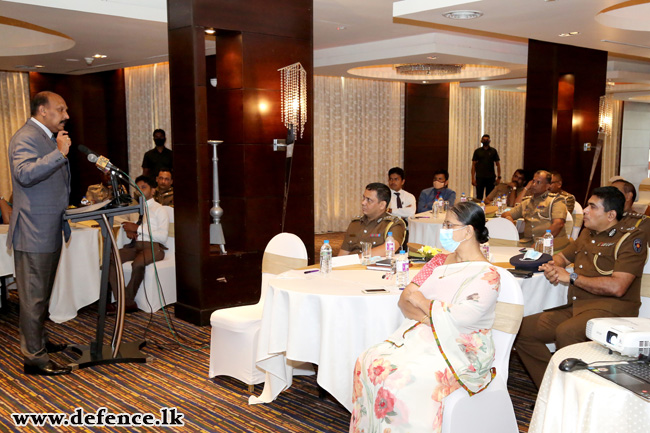
At the discussion, Defence Secretary Kamal Gunaratne who is also an accused war criminal for his involvement as commander of the Sri Lanka Army’s 53 Division during the 2009 massacres, justified his role in the prison reformation process to an audience earlier this month. It was his opinion that because over 27,000 prisoners in prisons were arrested by officers under the command of the Ministry of Defence, responsibility could not just lie with the Justice Ministry, hinting at further military involvement in Sri Lanka’s justice system.
Gunaratne also called for the ‘equal treatment’ of prisoners to prevent the favouring of particular prisoners, however, made no mention of the recent presidential pardons of Staff Sgt Sunil Rathnayke who was convicted for the Mirusivil massacre. The disproportionate release of Sinhalese prisoners since the COVID-19 crisis has seen a lack of ‘equal treatment’ between Sinhalese and Tamil prisoners, with the latter still imprisoned in harsh conditions under the draconian Prevention of Terrorism Act (PTA).
Tamil political prisoners continue to languish in detention across the island, many having been detained without charge and remain imprisoned for over a decade.

